Lexus IS will undergo a major redesign, and more Lexus models may disappear in the future
 Kevin WongAug 04, 2025, 12:29 PM
Kevin WongAug 04, 2025, 12:29 PM
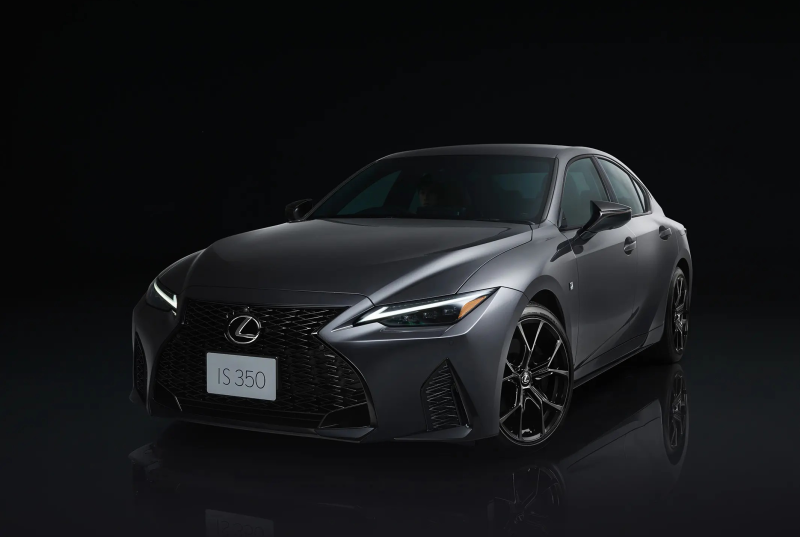
【PCauto】 Lexus has officially announced a significant reform plan for its iconic IS series sports sedan. According to the official announcement, the current IS 300, IS 350, IS 300h AWD version, and high-performance IS 500 V8 model will cease production in Japan by November 2025. After this adjustment, only the IS 300h RWD version will continue to be supplied to the market.
At the same time, the Lexus RC series coupe will also undergo significant adjustments, with the RC 300, RC 300h, RC 350, and high-performance RC F models ending their production cycle by November 2025. Additionally, the SUV model UX 300e will also cease production, while the UX 300h hybrid version is expected to be phased out gradually by the end of March 2026.
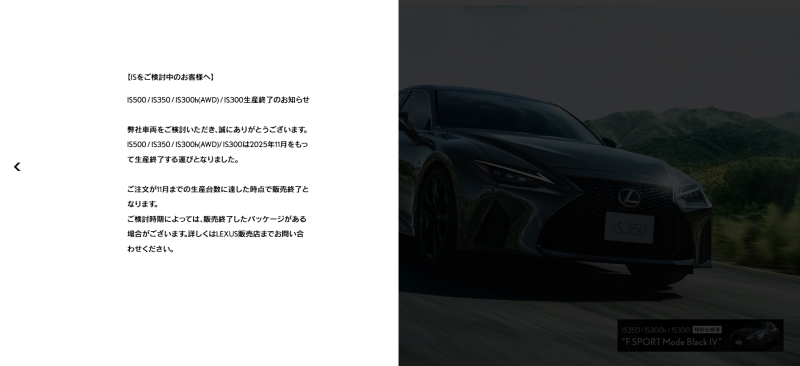
This series of adjustments marks an important transition period for the Lexus product line
The current IS series, launched in 2013, has exceeded a ten-year product cycle. Although it underwent significant facelifts in 2017 and 2020, a comprehensive overhaul is imperative in the face of the rapidly changing automobile market.
Notably, as the current models gradually exit the stage, Lexus is vigorously advancing the development process of the next-generation IS.
This fourth-generation model, which has been around since its debut in 1998, is confirmed to be officially released in 2026. The new car will adopt a dual-power strategy, offering both pure electric and hybrid versions to meet the needs of different markets.
In addition, the RC series coupe, also entering the end of its lifecycle, underwent a mid-cycle update in 2018 and now faces its final moments.
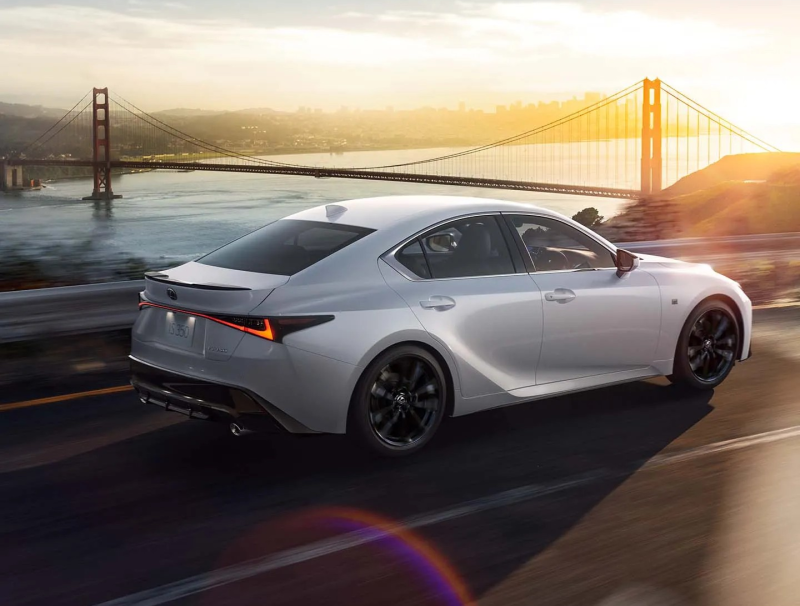
The next-generation IS will completely revolutionize design language, breaking traditional frameworks
The front face of the next-generation IS will eliminate the iconic spindle grille, adopting a seamless design in the same color as the body, creating a futuristic and minimalist look.
The entire vehicle retains the low profile characteristic of sports sedans, but the lines are sharper and more aggressive, with a waistline design exuding a sense of power.
Through meticulous aerodynamic optimization, including hidden door handles and active air intake grilles, the drag coefficient has been reduced to an astonishing 0.20, placing it among the leaders in global production car aerodynamic efficiency.
The lighting system has been fully upgraded to Matrix LED technology, with light cluster designs perfectly integrated into the body lines, combining aesthetics with functionality.
The new IS will feature Lexus' latest "Arene OS" intelligent onboard system
The Arene OS AI voice interaction system can recognize natural semantic commands to control vehicle functions. It uses a modular architecture design and supports OTA remote upgrades.
Even more remarkable is its adoption of steer-by-wire technology, eliminating traditional mechanical connections. The steering ratio can dynamically adjust based on vehicle speed, significantly enhancing maneuverability.
Additionally, it will be equipped with pre-installed L3-level autonomous driving hardware systems, including a high-precision radar array and vision sensing modules, leaving room for future updates to advanced autonomous driving features.
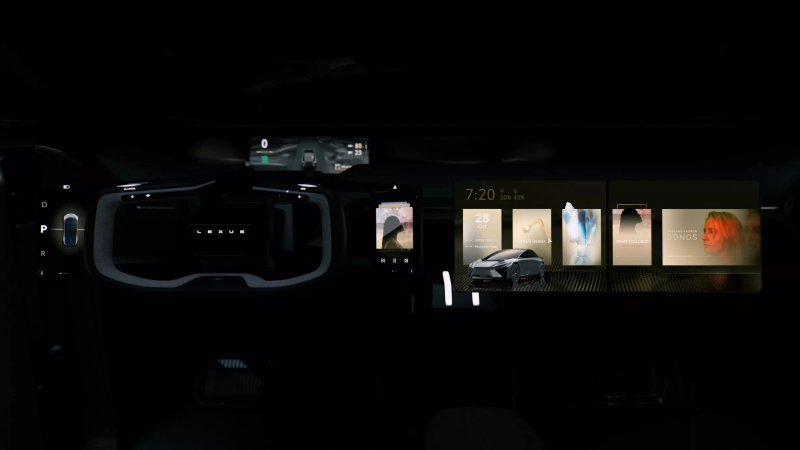
The new IS will compete with the BMW i4 and Mercedes-Benz EQE
The all-electric version is planned for priority release in mature electric vehicle markets such as Japan and Europe, with the potential development of a long-wheelbase version for the Chinese market to meet local consumers' specific needs for rear space.
The hybrid version will continue to leverage Lexus' traditional advantages in hybrid-electric technology, optimizing fuel economy through a new-generation Power Control Unit, offering transitional solutions for consumers during the market shift.
In terms of market positioning, the new vehicle will directly rival luxury electric sedans like the BMW i4 and Mercedes-Benz EQE, while the hybrid version will aim to retain its share in the traditional fuel vehicle market.
The all-electric IS will be built on the Lexus LF-ZC concept car, utilizing a dedicated EV platform architecture. Its powertrain will feature the innovative "Direct4" intelligent all-wheel-drive technology, capable of dynamically distributing torque between the front and rear axles from 0:100 to 100:0, providing precise torque vectoring control.
The official claim is that its 0-100km/h acceleration performance will directly compete with luxury electric models such as the BMW i4 and Mercedes-Benz EQE, achieving comprehensive superiority in performance.
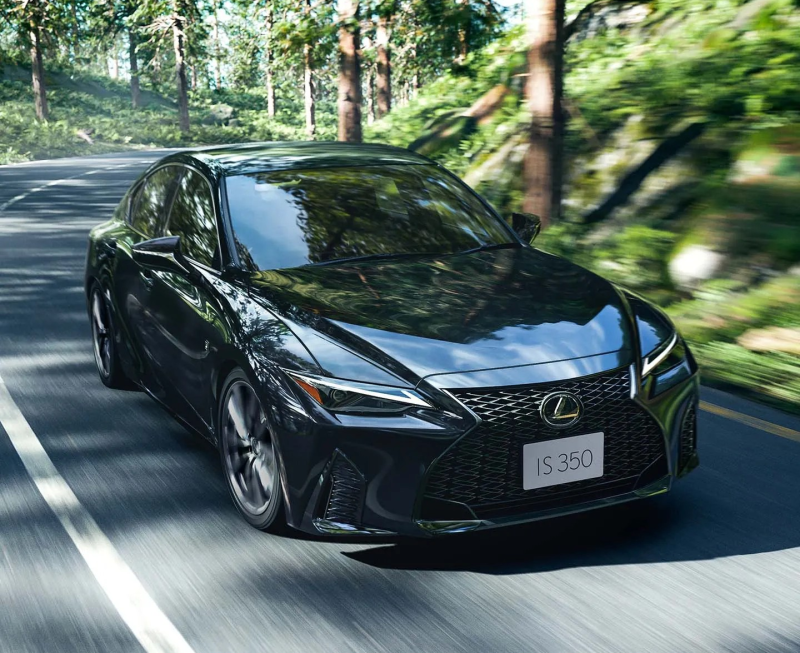
Not only has the IS series seen the cancellation of multiple submodels, other Lexus models are also undergoing adjustments
With the retirement of several classic models by 2025, Lexus is undergoing a major transformation of its product lineup. According to industry sources, Lexus is currently developing a brand-new sports coupe, which is expected to combine the product positioning of the RC and LC series.
Meanwhile, the flagship sports car LC series is also approaching the end of its lifecycle, with rumors of discontinuation by 2026 persisting. As for the UX series, being the brand's entry-level SUV, although the electric version is about to be discontinued, considering its platform-sharing advantages with the Toyota C-HR and Corolla Cross, a new hybrid version is actively under development.
The new IS, set to debut in 2026, with the cancellation of multiple submodels, seems to indicate the strategic direction of Lexus: simplifying the brand's product lineup and moving towards full electrification, even as many still hope to retain traditional fuel-powered versions.
If any infringement occurs, please contact us for deletion
Trending News

Perodua Myvi and Bezza may undergo major upgrades in 2026
After the update, the Bezza will no longer be just a low-cost alternative but a core model in the Perodua system with greater market competitiveness and brand premium potential. The upgrade of the Myvi is not to be unconventional but to strengthen the brand and market, ensuring that the Myvi continues to maintain its irreplaceable position in the new round of product competition.

Perodua Traz VS Ativa, which one is more worth buying?
Traz, as a newly launched mid-sized SUV, offers more spacious room and mainstream power compared to small SUVs, but its pricing appears slightly higher than that of Ativa. Ativa, on the other hand, is Perodua's long-time best-selling small SUV with more affordable pricing and a balanced combination of power and tech features.

Will the Toyota Yaris Cross come to Malaysia? If it comes, how much will it sell for?
The launch of Perodua Traz indicates that the market size of small SUVs in Malaysia has been expanding in recent years. However, the question naturally shifts back to Toyota. As a brand with the most comprehensive product line and a strong foundation in both the SUV and hybrid sectors, will Toyota choose the Yaris Cross to participate in this small SUV competition?

Perodua Traz VS Toyota Yaris Cross, where does the Traz fall short?
Before the official launch of the Perodua Traz, market expectations were actually very high because it shares the same DNGA platform as the Toyota Yaris Cross. However, sharing the same platform does not equate to the same experience, and the Traz's final performance has indeed been disappointing. Perhaps it is precisely because of the delayed launch that it has almost no competitiveness in the current competitive environment.

Perodua Traz 2025:Spec, Price and Features
Perodua Traz has been officially launched in Malaysia. It is a B-segment five-seater SUV built on the DNGA platform. Compared to the Yaris Cross, which emphasizes brand and quality, the Traz comes with a localized rate of about 95%, offering a more friendly price and practical features.
Popular Cars
Model Year
Car Compare
Car Photo

